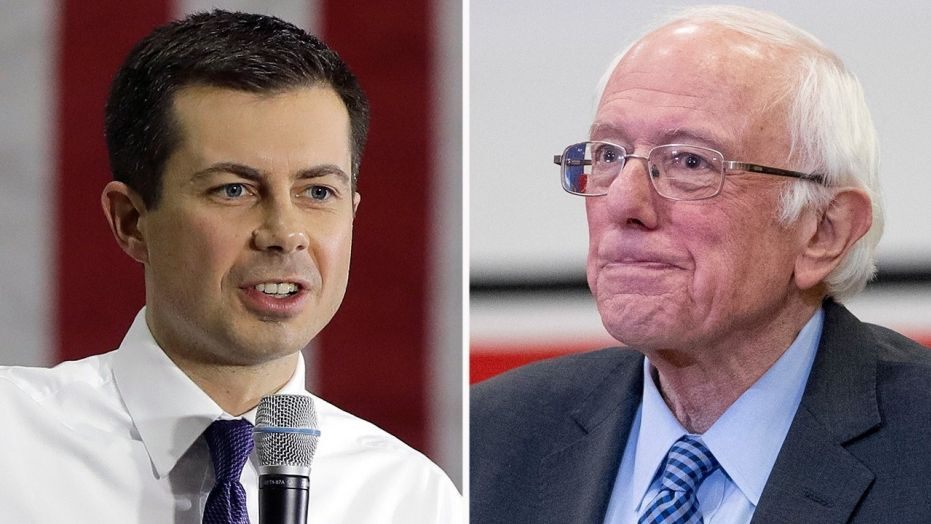

By Chris Gothner
Vermont Senator Bernie Sander’s presidential campaign and the Pete Buttigieg campaign officially requested a partial recanvass of last week’s caucus results.
The request includes a recanvass of 25 precincts and three satellite locations.
According to the campaign, the errors, if corrected, would mean an additional national delegate for Sanders.
“Upon today’s noon CST deadline for a presidential campaign to request a recanvass, the Iowa Democratic Party announced it has received two requests, both of which are limited in scope. Today, the Sanders and Buttigieg campaigns filed requests for recanvass for 28 precincts and 66 precincts respectively, a total of 85 after removing duplicities,” IDP officials said in a release. “In accordance with the IDP Delegate Selection Plan, the Recount/Recanvass Committee will review the requests to determine whether each meets the required standard. The RRC will transmit its assessment of the requests to each respective campaign within 48 hours. In the event of a recanvass, the IDP will analyze the requested precincts to correct any inconsistencies between the reported results and their official record of result from caucus night, as signed by the precinct chair, secretary, and representatives of campaigns.”
A recanvass is not a recount, but a check of the vote count against paper records to ensure the counts were reported accurately.
The state party released updated results on Sunday showing Pete Buttigieg leading Sanders by two state delegate equivalents out of 2,152 counted.
Both Buttigieg and Sanders have claimed victory in the caucuses — Buttigieg, because he holds a razor-thin lead in the delegate count; Sanders, because he has received the most total support overall.
But the chaos and inconsistencies in the reporting of the results have raised widespread doubts and prompted sharp criticism of the process by candidates and party leaders, and the field has largely shifted its focus to the next primary state, New Hampshire.
